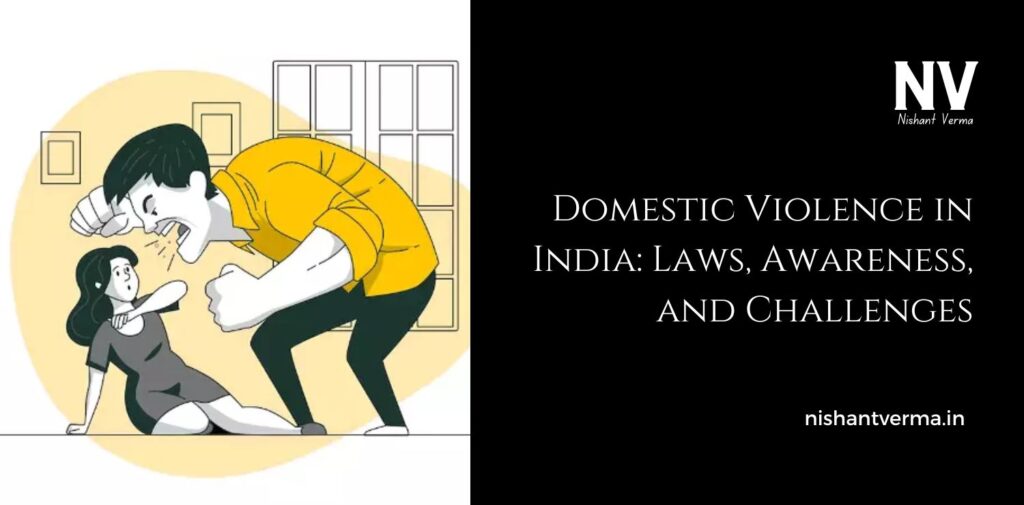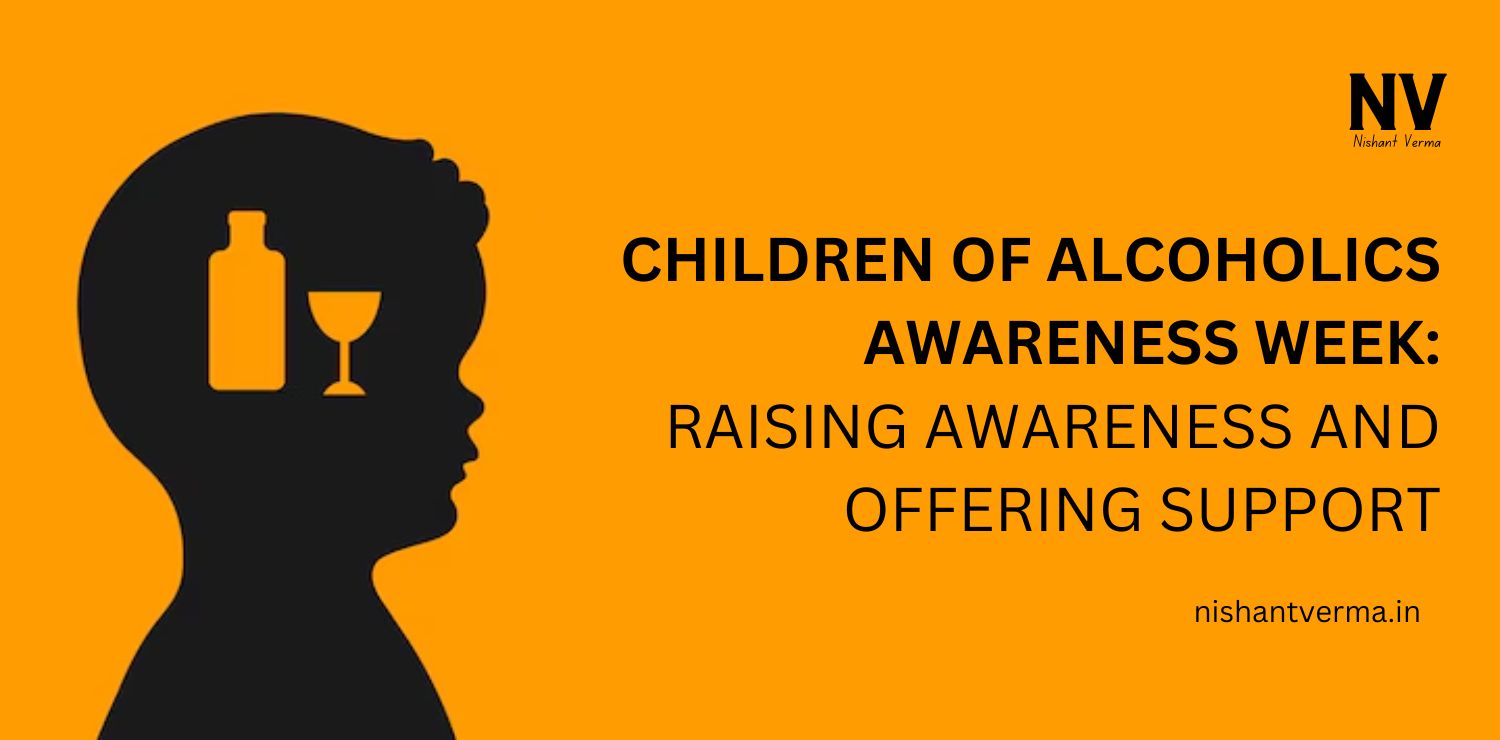Domestic violence is a very serious issue that affects many people around the world, including in India. It refers to the violence or abuse that takes place in a family or household. It can happen between married couples, in relationships, or even between parents and children. Sadly, many people, especially women, experience domestic violence, but the problem is often hidden and ignored.
In India, the problem of domestic violence has been growing for many years. However, laws, awareness, and efforts are being made to fight against it and protect the victims. This article explains what domestic violence is, the laws that protect people from it, the awareness programs that help people understand the problem, and the challenges that still exist.
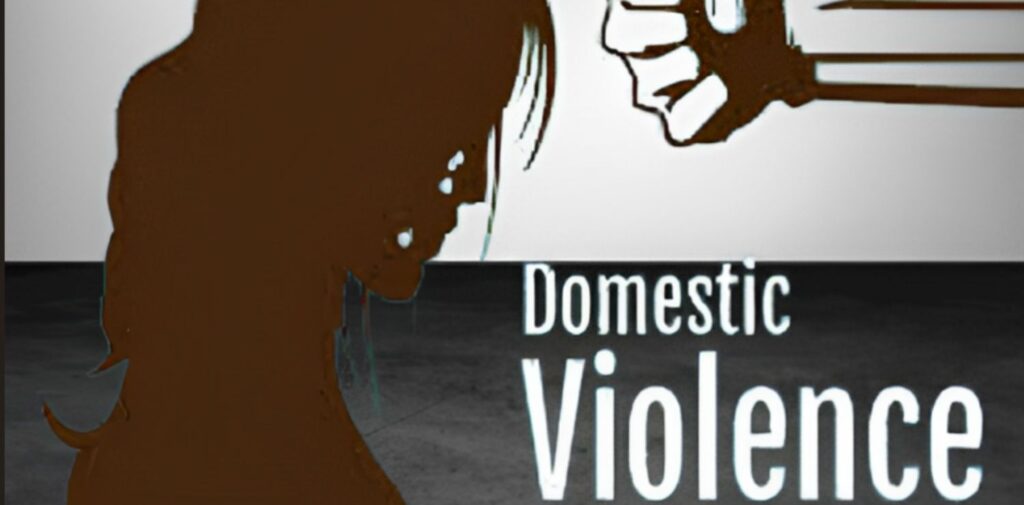
What is Domestic Violence?
Domestic violence is any form of violence or abuse that happens at home. It can take many forms, including:
- Physical Abuse: Hitting, slapping, pushing, or any other form of physical harm.
- Emotional Abuse: Hurting someone’s feelings by insulting, threatening, or humiliating them.
- Sexual Abuse: Forcing someone to engage in sexual activities without their consent.
- Economic Abuse: Controlling someone’s money or not letting them work, leaving them financially dependent.
- Psychological Abuse: Threatening to harm someone or making them feel scared or isolated.
In India, the most common victims of domestic violence are women, though men and children can also be victims.
Laws Against Domestic Violence in India
India has several laws that have been made to protect people from domestic violence. These laws are meant to help victims get justice and live free from fear.
The Protection of Women from Domestic Violence Act (2005)
This is one of the most important laws in India to protect women from domestic violence. The law provides many protections to women who are victims of violence in their homes. Some of the key points in this law are:
- Protection Orders: Women who are being abused can ask the court for protection orders, which stop the abuser from coming near them or hurting them.
- Residence Orders: The law ensures that the woman has the right to stay in her own home and not be forced out by the abuser.
- Monetary Relief: The law allows the woman to get financial help for medical expenses, legal costs, and other necessities.
- Custody Orders: If there are children involved, the woman can ask for custody, ensuring their safety.
- Police Help: Victims of domestic violence can call the police for help, and the police are supposed to act quickly to protect them.
Indian Penal Code (IPC)
The Indian Penal Code (IPC) also includes laws that deal with various forms of domestic violence. For example, Section 498A of the IPC deals with cruelty by a husband or his family members against a woman. If a woman is physically or mentally tortured, or if her life is in danger, the abuser can face criminal charges.
Dowry Prohibition Act (1961)
Though the law is primarily about stopping dowry, it also works to protect women from domestic violence related to dowry demands. Dowry is the money or gifts that a woman’s family is expected to give to her husband’s family when she gets married. The law makes it illegal for a woman to be tortured or abused for not bringing enough dowry.
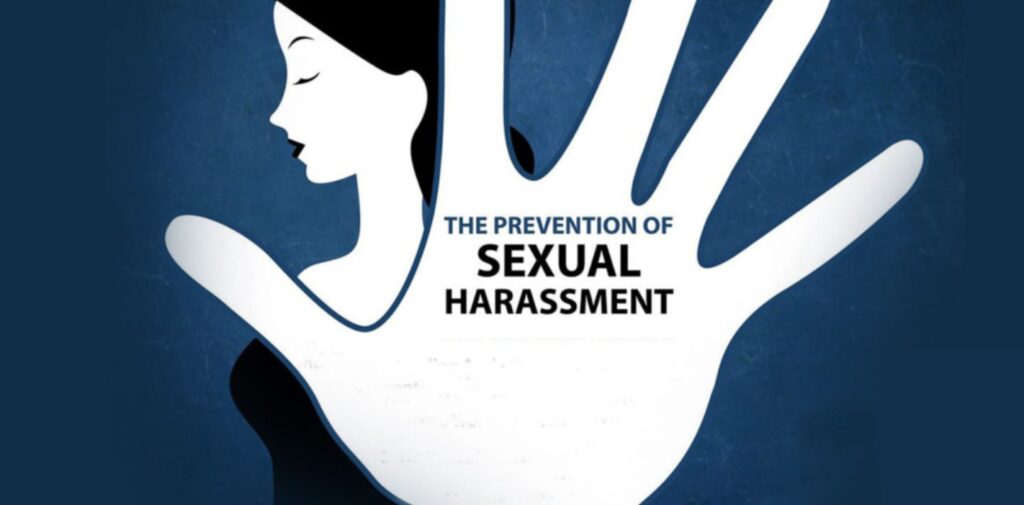
The Sexual Harassment of Women at Workplace (Prevention, Prohibition, and Redressal) Act (2013)
This law helps women protect themselves from sexual harassment at the workplace, which is another form of domestic violence. It creates rules that employers must follow to stop harassment and provides a way for women to report it.
Raising Awareness About Domestic Violence
Even though there are laws to protect victims, many people in India still do not know about them or are afraid to use them. This is why raising awareness about domestic violence is very important.
- Awareness Campaigns: Many government and non-government organizations in India run awareness campaigns to teach people about domestic violence. These campaigns help people understand what domestic violence is, how to prevent it, and what help is available. For example, television ads, radio programs, and posters are used to spread the message to a wider audience.
- Education: Schools and colleges have started programs to educate young people about healthy relationships, respect, and how to avoid violence. Teaching children about respect and kindness can help prevent domestic violence in the future.
- Helplines and Support Centers: There are many helplines in India where victims of domestic violence can call and ask for help. The National Commission for Women (NCW) runs a helpline where people can report abuse and get advice. Many NGOs (non-governmental organizations) also have support centers where victims can go for help, counseling, and shelter.
Challenges in Fighting Domestic Violence
Even with laws, awareness programs, and support systems, there are still many challenges in fighting domestic violence in India. Here are some of the main challenges:
- Lack of Reporting: One of the biggest problems is that many victims of domestic violence do not report the abuse. They may be afraid of the abuser, or they may feel ashamed. In some cases, women believe that they will not get help from the police or the courts, so they choose to suffer in silence. Many victims may also be unaware of their rights or afraid of the social stigma that comes with reporting domestic violence.
- Cultural and Social Barriers: In many parts of India, there is a belief that domestic violence is a private family matter and should not be discussed openly. This culture of silence makes it harder for victims to come forward. In some areas, women are expected to endure abuse for the sake of family honor or to maintain social status. These cultural beliefs can stop victims from seeking help.
- Delays in Legal Process: Even though laws exist to protect victims of domestic violence, the legal process in India is often slow. Courts can take years to decide cases, and this delays justice for the victims. This long wait discourages many women from going to court and seeking justice.
- Limited Access to Resources: In rural areas, there may be limited access to resources like shelters, legal help, or counseling services. Women in villages or small towns may not know where to turn for help. Even if they do know, there may be no services available near them.
- Police Inaction: Sometimes, the police do not take domestic violence cases seriously. They may refuse to file a report or may not take immediate action. This lack of response from the police discourages victims from coming forward, as they feel that they will not be protected.
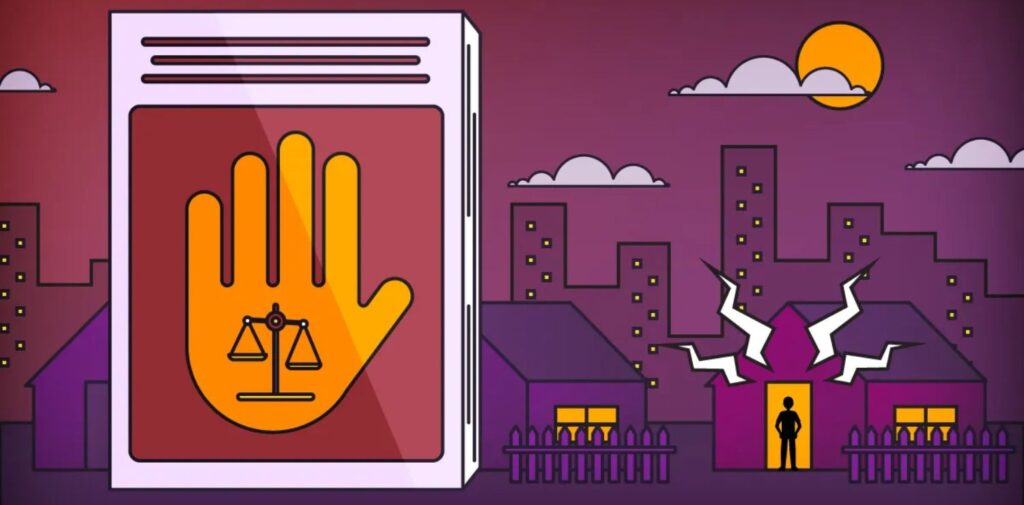
Moving Forward: Solutions to Domestic Violence
While there are challenges in fighting domestic violence, there are also many ways to improve the situation:
- Better Training for Police and Officials: Police officers and other officials should be trained to respond quickly and sensitively to domestic violence cases.
- Stronger Enforcement of Laws: Laws should be strictly enforced so that abusers face serious consequences.
- Community Support: Communities should work together to support victims and speak out against domestic violence. This includes creating safe spaces where victims can talk openly about their experiences.
- Access to Education and Resources: It is essential to provide better access to education, legal support, and shelters, especially in rural areas.
Conclusion
Domestic violence is a serious issue in India that affects many families. Although there are laws in place to protect victims, challenges such as lack of reporting, cultural barriers, and slow legal processes make it difficult for victims to get help. Raising awareness about domestic violence and improving support systems is key to fighting this problem. It is important for everyone in India, including the government, the police, and communities, to work together to protect victims and prevent domestic violence from happening in the first place. Only then can we create a safer and more just society for everyone.

